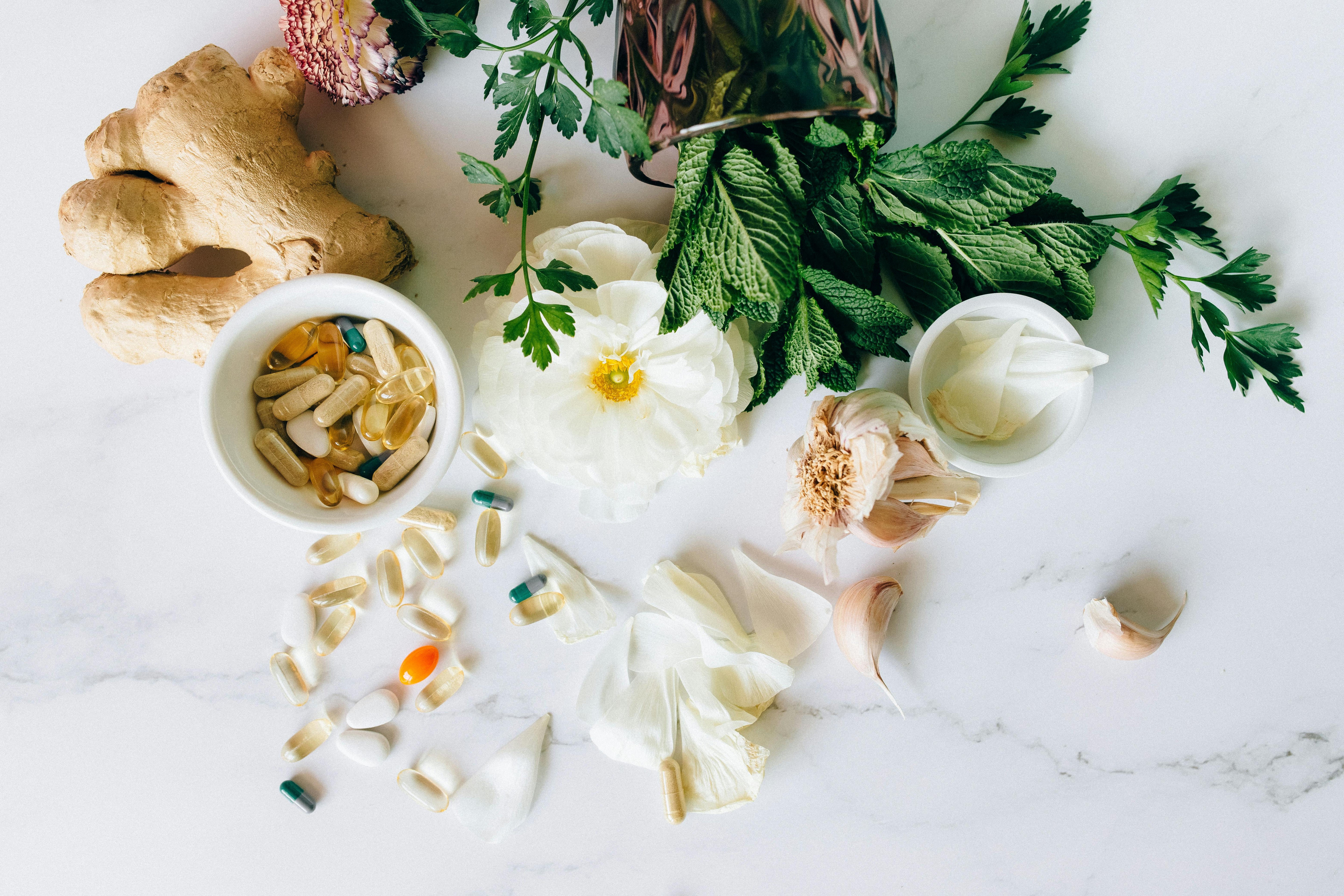What is the Link Between PCOS and Insulin Resistance
Introduction
Polycystic Ovary Syndrome (PCOS) is a prevalent hormonal disorder affecting women of reproductive age. A significant number of these women also experience insulin resistance, a condition where the body's cells become less responsive to insulin. This interplay between PCOS and insulin resistance can exacerbate symptoms and increase the risk of long-term health complications such as infertility, cardiovascular disease, and type 2 diabetes.
What is PCOS?
Common PCOS Symptoms to Watch For:
PCOS is characterised by a combination of symptoms, including:
-
Irregular or absent menstrual periods: This can manifest as cycles longer than 40 days or fewer than nine periods a year.
-
Elevated androgen levels: High levels of male hormones can lead to acne, hirsutism (excess hair growth), and scalp hair thinning.
-
Polycystic ovaries: Enlarged ovaries containing numerous small follicles visible on ultrasound. These are not real "cysts". They are immature follicles that can not be developed into mature eggs and are not released. Therefore, women can experience irregular periods, ovulation difficulty and infertility.
What Causes PCOS?
The exact cause of PCOS remains unknown, but it's believed to involve a combination of genetic and environmental factors, including diet and lifestyle.
Insulin resistance is one of the most common causes for PCOS. Let's dive into how insulin resistance can be the root cause for PCOS.
What Is Insulin Resistance?
Insulin is a hormone produced by the pancreas that allows cells to absorb glucose from the bloodstream for energy. When people have insulin resistance, cells don't respond effectively to insulin, prompting the pancreas to produce more. This overproduction can lead to elevated insulin levels in the blood, which can cause the unused glucose to be redirected back to the liver and stored as fat.
This is why many PCOS women have belly fat. The high insulin level can also retain more water in your body; therefore, you can get puffy or get a moon face. The insulin can also trigger the production of androgen, which stops women from ovulating and causes symptoms like acne, facial hair and hair loss.

The Link Between PCOS and Insulin Resistance
A significant proportion of women with PCOS—estimates range from 75% to 95%—also have insulin resistance, regardless of their body weight. Lean PCOSers can still experience insulin resistance. Elevated insulin levels can stimulate the ovaries to produce more androgens, exacerbating PCOS symptoms like:
-
Weight gain, especially around the abdomen
-
Cravings for carbohydrates
-
Skin tags
-
Darkened skin patches, particularly around the neck or armpits (acanthosis nigricans)
-
Irregular menstrual cycles
This creates a vicious cycle where insulin resistance worsens PCOS symptoms, and those symptoms, in turn, can further impair insulin sensitivity.
How Insulin Works in the Body



How to Test for Insulin Resistance If You Have PCOS
Recommended Lab Tests
If you suspect you have insulin resistance, especially if diagnosed with PCOS, consult with healthcare professionals. They may recommend tests such as:
-
Fasting insulin levels
-
Glucose tolerance tests
-
HbA1c tests, which measure average blood glucose over the past three months
Early detection and management are crucial to prevent complications like type 2 diabetes and cardiovascular disease.
Managing PCOS and Insulin Resistance
Addressing insulin resistance is a cornerstone of PCOS management. Strategies include:
-
Dietary changes: Emphasise whole foods, reduce refined carbohydrates, and incorporate high-fibre and high-protein foods.
-
Regular physical activity: Engage in both aerobic exercises and strength training.
-
Medications: In some cases, doctors may prescribe insulin-sensitising agents like metformin.

Evidence-Based Supplements for PCOS and Insulin Resistance
While lifestyle changes are foundational, certain nutritional supplements have shown promising results in improving insulin sensitivity for women with PCOS. Here are some of the most well-researched options:
1. Inositol (Myo-Inositol & D-Chiro Inositol)
One of the most studied supplements for PCOS and insulin resistance, inositol—particularly the Myo-Inositol and D-Chiro Inositol combination in a 40:1 ratio—has been shown to improve insulin sensitivity, menstrual regularity, and even egg quality.
A 2017 review found that Myo- and D-Chiro Inositol improved metabolic parameters, reduced insulin levels, and improved ovulation in women with PCOS.
Common dosage: 2000 mg Myo-Inositol + 50 mg D-Chiro Inositol, twice daily.
💡 NuSeasons Health offers Inositol Plus, a premium blend of Myo and D-Chiro Inositol in the clinically studied 40:1 ratio. Learn more here.
2. Omega-3 Fatty Acids
Omega-3s, especially EPA and DHA from fish oil, have anti-inflammatory effects and may reduce insulin levels and triglycerides. A meta-analysis in Clinical Endocrinology showed that omega-3 supplementation significantly reduced insulin resistance in women with PCOS.
Tip: Look for supplements with at least 1000 mg of combined EPA and DHA.
3. Berberine
Berberine is a plant compound that has been compared to metformin in its ability to improve glucose metabolism. Studies show berberine improves insulin sensitivity, lowers fasting blood sugar, and can support weight loss in PCOS.
Caution: It can interact with medications. Always consult your healthcare provider before starting.
4. Magnesium
Many women with insulin resistance are found to have low magnesium levels. Supplementing with magnesium may improve glucose control and reduce inflammation.
Best forms: Magnesium glycinate or citrate for better absorption.
5. Vitamin D
Vitamin D deficiency is common in PCOS and has been linked to insulin resistance and irregular cycles. Supplementation has been shown to improve insulin function and menstrual regularity in PCOS women with low vitamin D levels.
Tip: Get your levels checked—dosages can vary from 1000–4000 IU daily based on deficiency.
Conclusion
Understanding the relationship between PCOS and insulin resistance empowers women to take proactive steps in managing their health. Through lifestyle modifications and medical interventions, it's possible to alleviate symptoms and reduce the risk of long-term complications.
Supplements aren’t a magic fix, but when combined with a balanced diet, movement, and individualised support, they can play a powerful role in improving insulin sensitivity and reducing PCOS symptoms.
Always choose clinically formulated products and consult a healthcare provider before starting a new supplement routine.




Leave a comment
This site is protected by hCaptcha and the hCaptcha Privacy Policy and Terms of Service apply.